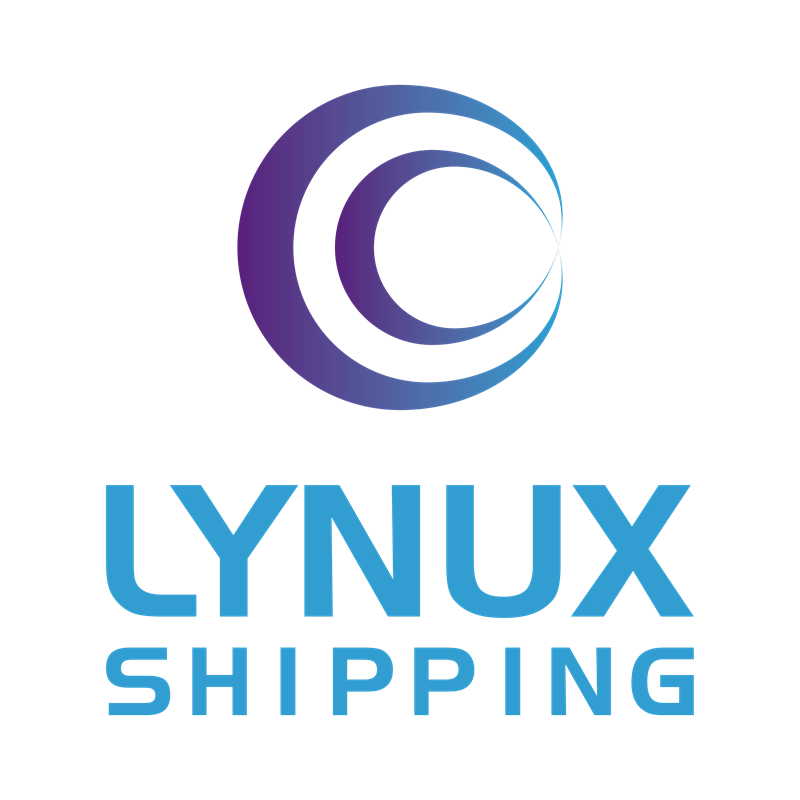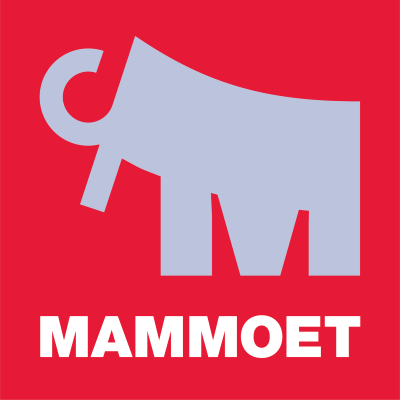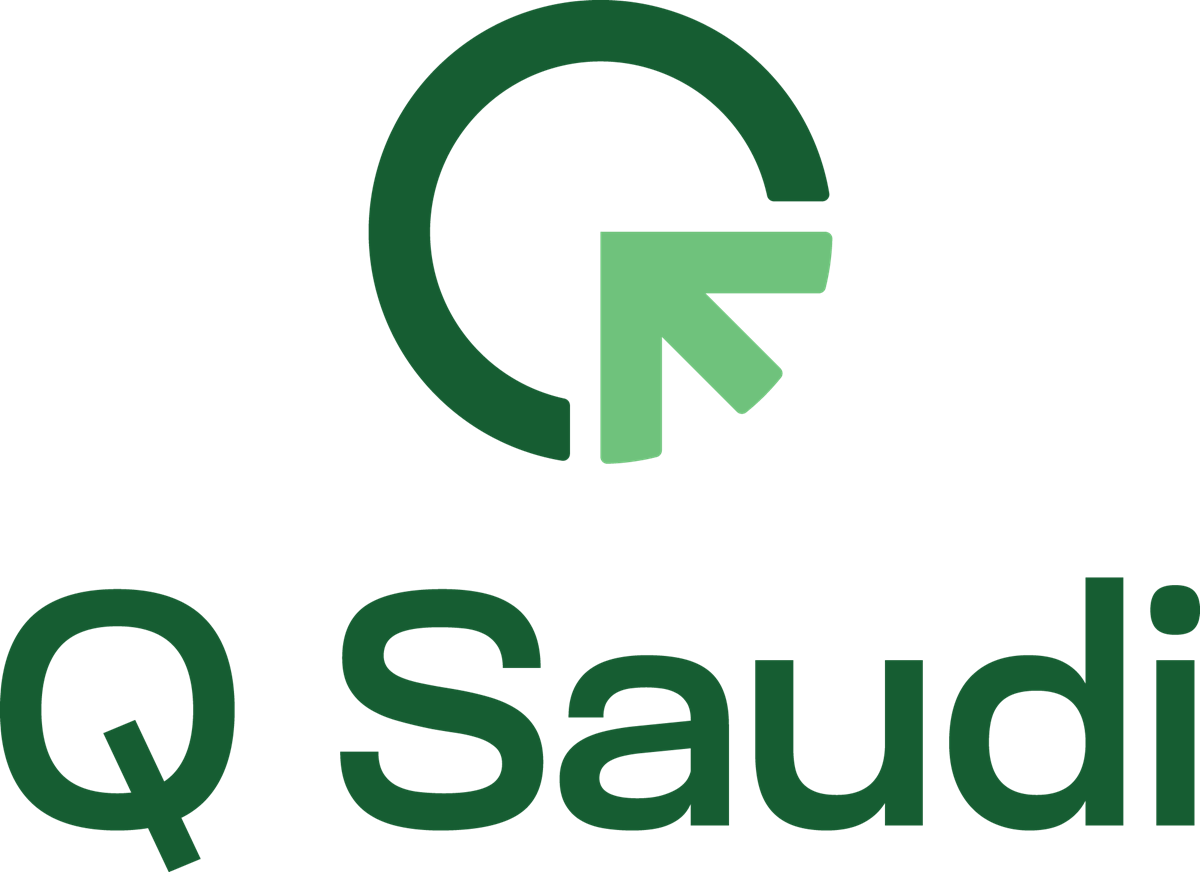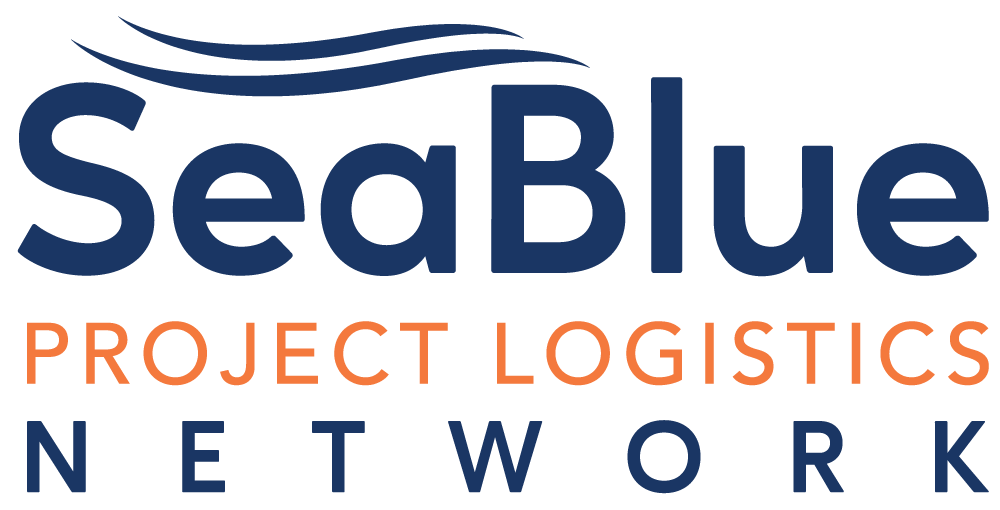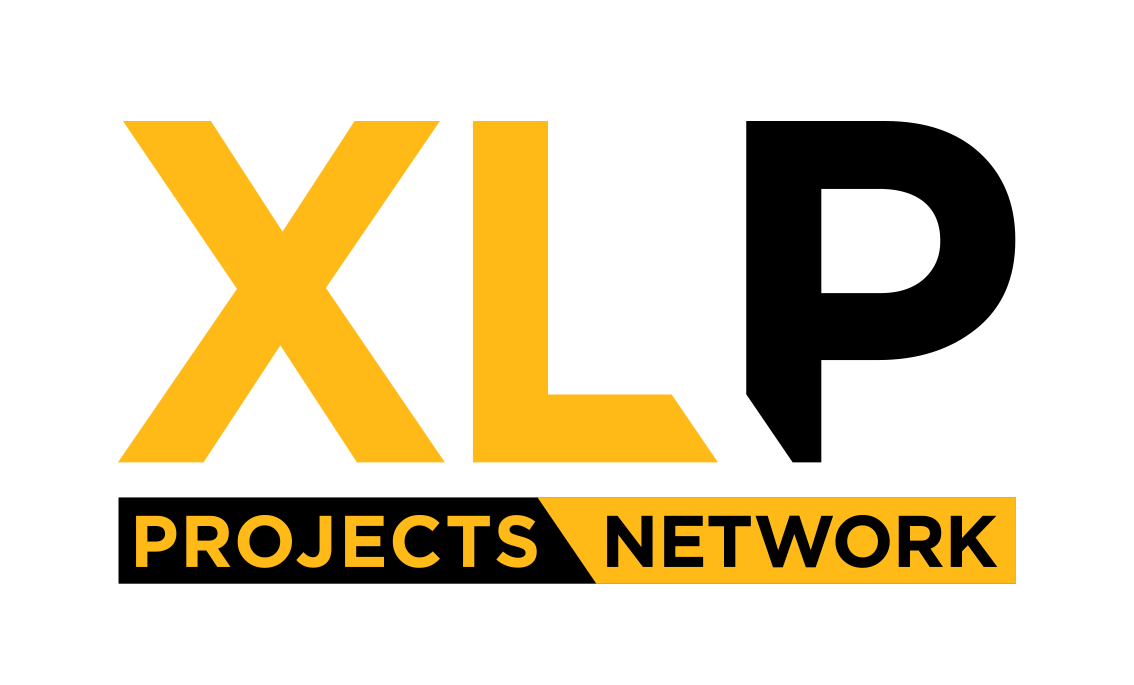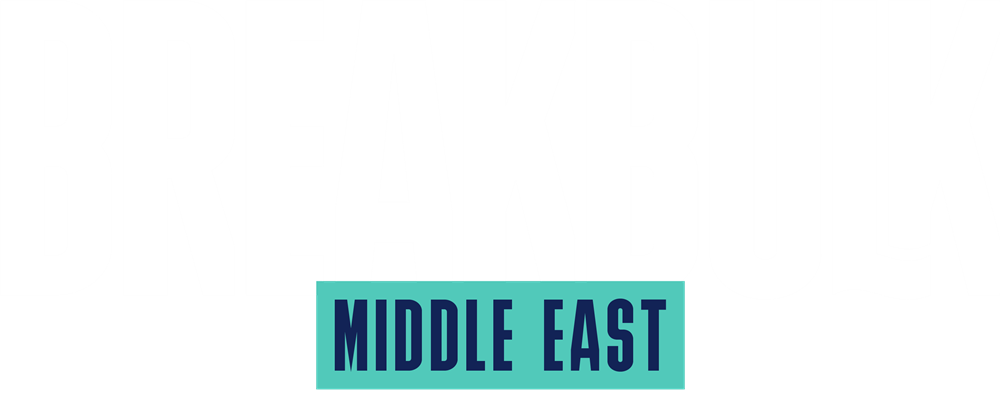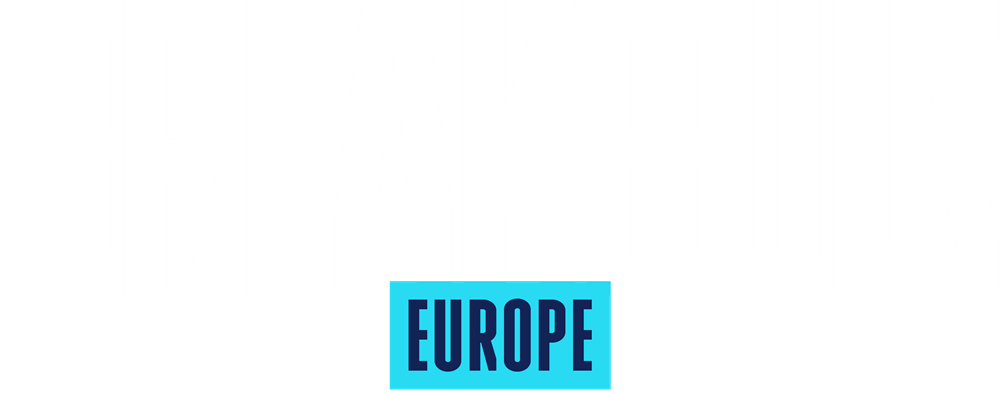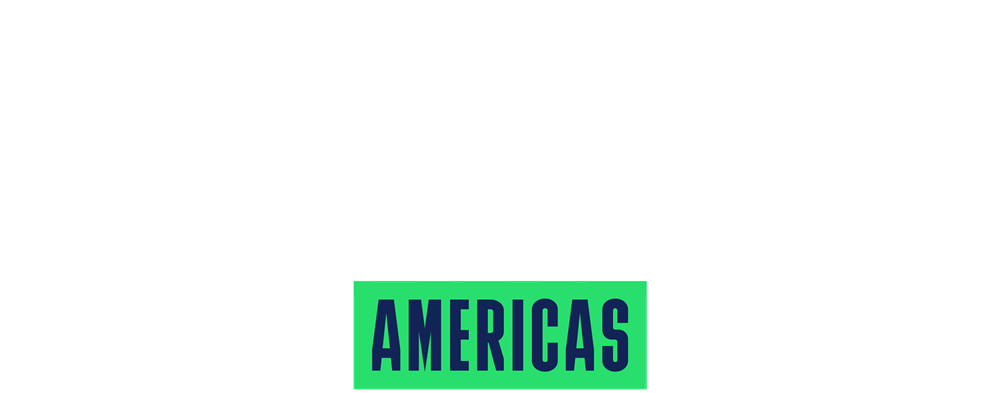Aug 12 | 2020
While oil & gas is the big money maker in the Middle East, renewables are gaining huge traction.
Covid-19 may actually be a net positive for the region’s clean energy sectors.
Not only is that good news for energy companies, it’s good news for logistics players too.
With oil demand slumping due to Covid, the oil price also dropped.
According to some commentators, however, this will provide a kick for long-term renewables development.
“Fossil energy prices declined by 50% and at one point by more than 75% as a result of the pandemic," Hatem Al Mosa, CEO of UAE-based Sharjah National Oil Corporation (SNOC), told Oxford Business Group. "I believe that by 2030 the price benchmark will be set by renewables. It is already much cheaper to produce green energy, and it will only get cheaper with time."
According to Gulf Business, global clean energy prices are dropping, making new developments attractive from a cost perspective for energy companies.
Solar photovoltaics (PV) showed at 82% drop in tariffs over the period 2010-2019. Concentrating solar power (CSP) energy prices fell by 47%, with onshore wind following and offshore wind at 29%.
For context, the electricity costs from utility-scale solar PV dropped 13% year-on-year, during the review reaching nearly seven US cents ($0.068) per kilowatt-hour (kWh) in 2019.
The Energy & Utilities 2020 Market Outlook Report estimates $100bn worth of renewable projects, incorporating wind, solar, and other clean energy sources, are in the MENA project pipeline.
Total long-term investment is expected to reach $300bn.
MEED research also suggests 35% of the total ME energy investment will go to solar projects, as this infographic breaks down.
Renewable energy is also being identified as a way for hydrocarbons dependent economies to diversify.
“In the next couple of decades, solar and other renewables in the GCC will be the bulk of power generation,” predicts Frank Wouters, the director of the EU-GCC Clean Energy Technology Network in Abu Dhabi.
Saudi Arabia, for instance, established a $28bn fund to power renewable development and economic diversification in 2019.
The GCC states – all major oil & gas powers – have set themselves big long-term clean power objectives.
Saudi Arabia plans to reach 60 GW of installed clean capacity by 2030. Kuwait is aiming for 30% of its energy needs to come from green sources during the same period.
Bahrain also wants 10% of its electricity consumption to come from clean sources by 2030, and the UAE has set itself the target of 50% of its energy needs coming from renewables by 2050.
Away from the GCC, special attention should be paid to Jordan. Since 2014, the nation has managed to attract $5bn of investment in its renewables industry. Currently, it stands as one of the Middle East’s wind pioneers with 190 MW of installed capacity.
PV is the key renewable driver for the Middle East, particularly in the UAE.
Abu Dhabi Power Corporation (ADPower) says it has secured the world’s lowest tariff for a solar power plant, as it moves ahead with a planned 2 GW PV project in the Al Dhafra.
The utility says it has received a bid of just 1.35 US cents per kWh for the project.
Al Dhafra is set to dwarf the 1.2 GW Noor Abu Dhabi field, already one of the world’s largest PV projects, with capacity of 5 GW. It will take Abu Dhabi’s installed solar generation up to 3.2 GW at a cost of $13.6bn.
The fifth phase of the Al Maktoum solar park is expected to enter commercial operation in the second half of 2021 and will bring the park’s generation capacity to 2.8 GW. The project will help support Dubai’s Clean Energy Strategy 2050 by increasing the share of clean energy in Dubai’s total power output to 75% by its completion date.
HE Saeed Mohammed Al Tayer, CEO and managing director of DEWA, during a virtual, online ceremony to mark the signing of the PPA said, “This pioneering national landmark is the largest single-site solar park in the world.
“The UAE has proved that it has always been proactive and ready for all changes and conditions. The recent developments in the oil industry have proved the importance of the UAE’s track to bid farewell to the last barrel of oil and diversify the energy mix.”
Elsewhere, large-scale developments continue.
Saudi Arabia’s 400 MW Dumat Al Jandal wind farm took delivery of 20 Vestas V150-4.2 MW turbines in June 2020.
A total of 99 Vestas wind turbines will be installed at Dumat Al Jandal, with a hub height of 130 metres and rotor diameter of 150 metres.
Dumat Al Jandal will be Saudi Arabia’s first wind farm and the largest in the Middle East when completed. Construction began last August. Commercial operations are due to start in the first quarter of 2022.
From the above, the green energy sector holds enormous long-term potential in the Middle East.
The Breakbulk view is contract generation potential will be high too, thanks to the ambitious energy goals of the region’s key players and their high levels of investment.
Breakbulk Middle East is where the project cargo opportunities are, as well as the region’s largest gathering of sector professionals.
2021’s event is even more important given the big changes Covid-19 has made to global logistics. Here’s why:
Want in on the action? Book your stand and become a Breakbulk exhibitor.
If you have further questions or queries on how we can help you during these interesting times, please contact us.
Not only is that good news for energy companies, it’s good news for logistics players too.
Renewable energy & project cargo outlook in the Middle East
Regional green energy development can use low oil price as sectoral springboard
With oil demand slumping due to Covid, the oil price also dropped.
According to some commentators, however, this will provide a kick for long-term renewables development.
“Fossil energy prices declined by 50% and at one point by more than 75% as a result of the pandemic," Hatem Al Mosa, CEO of UAE-based Sharjah National Oil Corporation (SNOC), told Oxford Business Group. "I believe that by 2030 the price benchmark will be set by renewables. It is already much cheaper to produce green energy, and it will only get cheaper with time."
According to Gulf Business, global clean energy prices are dropping, making new developments attractive from a cost perspective for energy companies.
Solar photovoltaics (PV) showed at 82% drop in tariffs over the period 2010-2019. Concentrating solar power (CSP) energy prices fell by 47%, with onshore wind following and offshore wind at 29%.
For context, the electricity costs from utility-scale solar PV dropped 13% year-on-year, during the review reaching nearly seven US cents ($0.068) per kilowatt-hour (kWh) in 2019.
The Energy & Utilities 2020 Market Outlook Report estimates $100bn worth of renewable projects, incorporating wind, solar, and other clean energy sources, are in the MENA project pipeline.
Total long-term investment is expected to reach $300bn.
MEED research also suggests 35% of the total ME energy investment will go to solar projects, as this infographic breaks down.
Long term potential also backed by Middle East energy goals
Renewable energy is also being identified as a way for hydrocarbons dependent economies to diversify.
“In the next couple of decades, solar and other renewables in the GCC will be the bulk of power generation,” predicts Frank Wouters, the director of the EU-GCC Clean Energy Technology Network in Abu Dhabi.
Saudi Arabia, for instance, established a $28bn fund to power renewable development and economic diversification in 2019.
The GCC states – all major oil & gas powers – have set themselves big long-term clean power objectives.
Saudi Arabia plans to reach 60 GW of installed clean capacity by 2030. Kuwait is aiming for 30% of its energy needs to come from green sources during the same period.
Bahrain also wants 10% of its electricity consumption to come from clean sources by 2030, and the UAE has set itself the target of 50% of its energy needs coming from renewables by 2050.
Away from the GCC, special attention should be paid to Jordan. Since 2014, the nation has managed to attract $5bn of investment in its renewables industry. Currently, it stands as one of the Middle East’s wind pioneers with 190 MW of installed capacity.
Ongoing project development
Despite Covid still impacting regional developments, renewable projects continue to progress in the Middle East
PV is the key renewable driver for the Middle East, particularly in the UAE.
Abu Dhabi Power Corporation (ADPower) says it has secured the world’s lowest tariff for a solar power plant, as it moves ahead with a planned 2 GW PV project in the Al Dhafra.
The utility says it has received a bid of just 1.35 US cents per kWh for the project.
Al Dhafra is set to dwarf the 1.2 GW Noor Abu Dhabi field, already one of the world’s largest PV projects, with capacity of 5 GW. It will take Abu Dhabi’s installed solar generation up to 3.2 GW at a cost of $13.6bn.
The fifth phase of the Al Maktoum solar park is expected to enter commercial operation in the second half of 2021 and will bring the park’s generation capacity to 2.8 GW. The project will help support Dubai’s Clean Energy Strategy 2050 by increasing the share of clean energy in Dubai’s total power output to 75% by its completion date.
HE Saeed Mohammed Al Tayer, CEO and managing director of DEWA, during a virtual, online ceremony to mark the signing of the PPA said, “This pioneering national landmark is the largest single-site solar park in the world.
“The UAE has proved that it has always been proactive and ready for all changes and conditions. The recent developments in the oil industry have proved the importance of the UAE’s track to bid farewell to the last barrel of oil and diversify the energy mix.”
Elsewhere, large-scale developments continue.
Saudi Arabia’s 400 MW Dumat Al Jandal wind farm took delivery of 20 Vestas V150-4.2 MW turbines in June 2020.
A total of 99 Vestas wind turbines will be installed at Dumat Al Jandal, with a hub height of 130 metres and rotor diameter of 150 metres.
Dumat Al Jandal will be Saudi Arabia’s first wind farm and the largest in the Middle East when completed. Construction began last August. Commercial operations are due to start in the first quarter of 2022.
Breakbulk Middle East is where the renewable energy contracts are
From the above, the green energy sector holds enormous long-term potential in the Middle East.
The Breakbulk view is contract generation potential will be high too, thanks to the ambitious energy goals of the region’s key players and their high levels of investment.
Breakbulk Middle East is where the project cargo opportunities are, as well as the region’s largest gathering of sector professionals.
2021’s event is even more important given the big changes Covid-19 has made to global logistics. Here’s why:
- It’s the place where networking gets done and relationships are reinforced – vital in these trying times.
- Taking place Feb. 9-10, 2021, the event is perfectly timed to relaunch your business and strengthen your fiscal year 2021 forecasts
- Government leaders, private-sector oil and gas companies are here too – the people that decide your next contract.
Want in on the action? Book your stand and become a Breakbulk exhibitor.
If you have further questions or queries on how we can help you during these interesting times, please contact us.
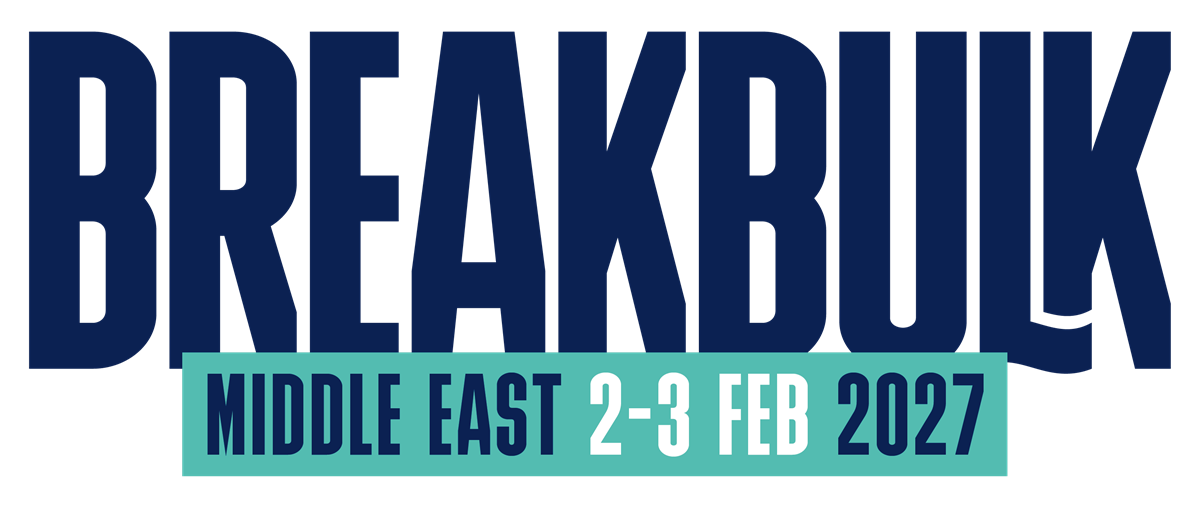
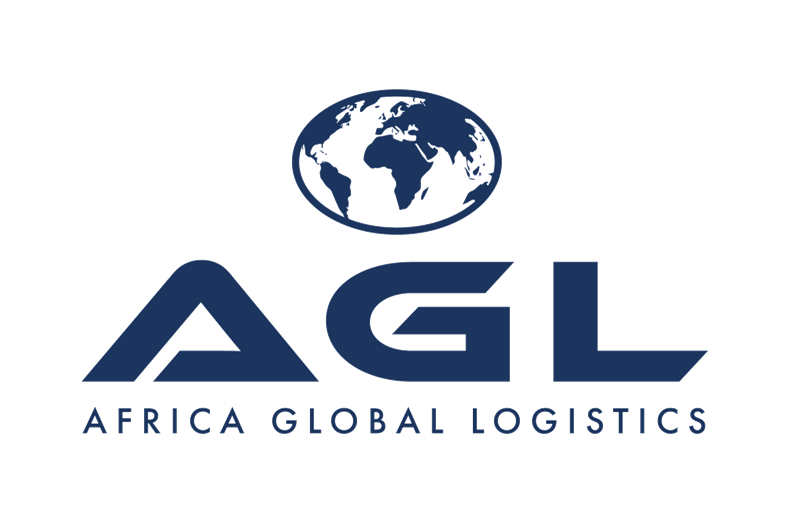
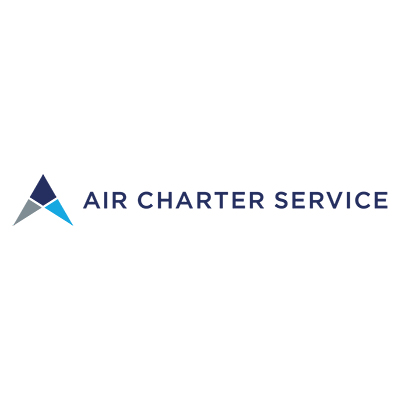

.png?ext=.png)
.png?ext=.png)
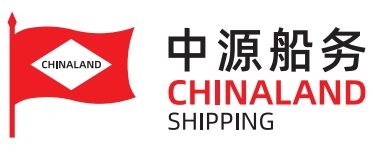
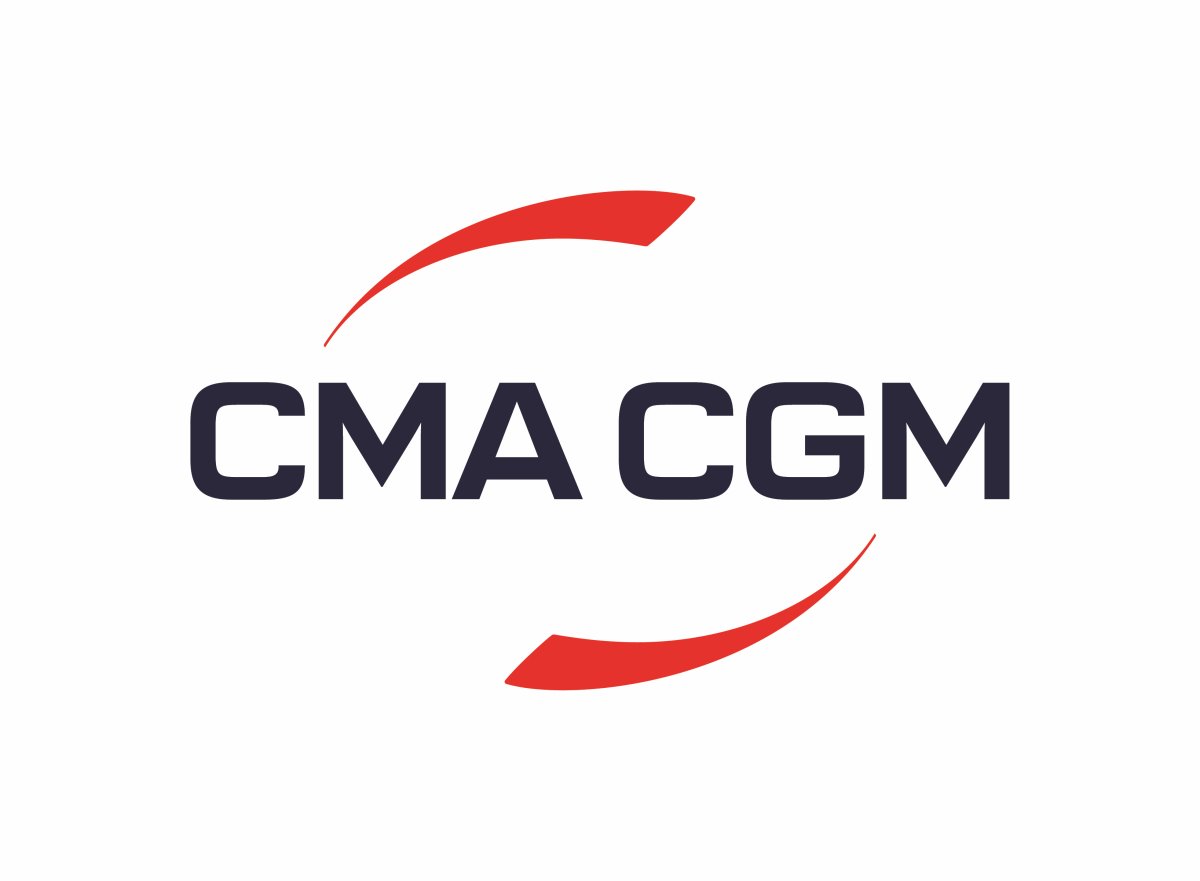
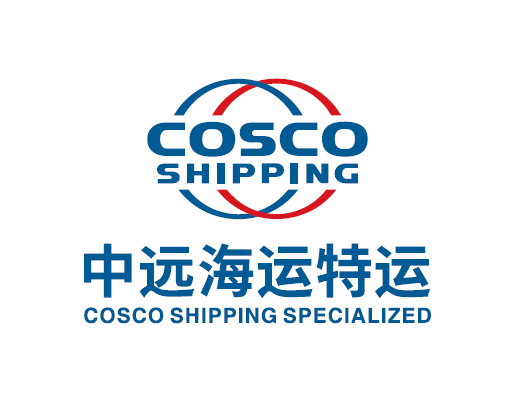
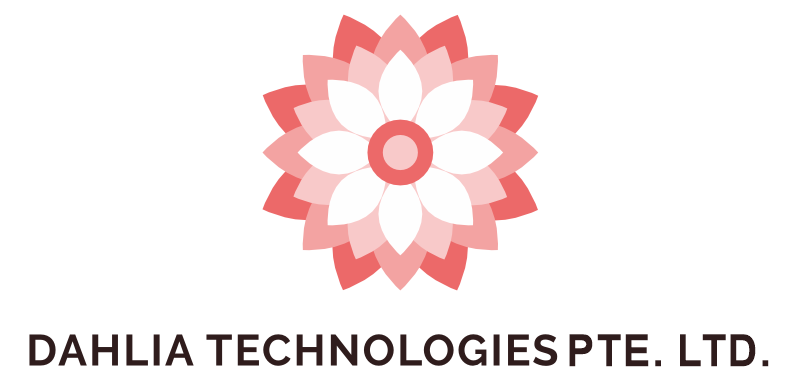
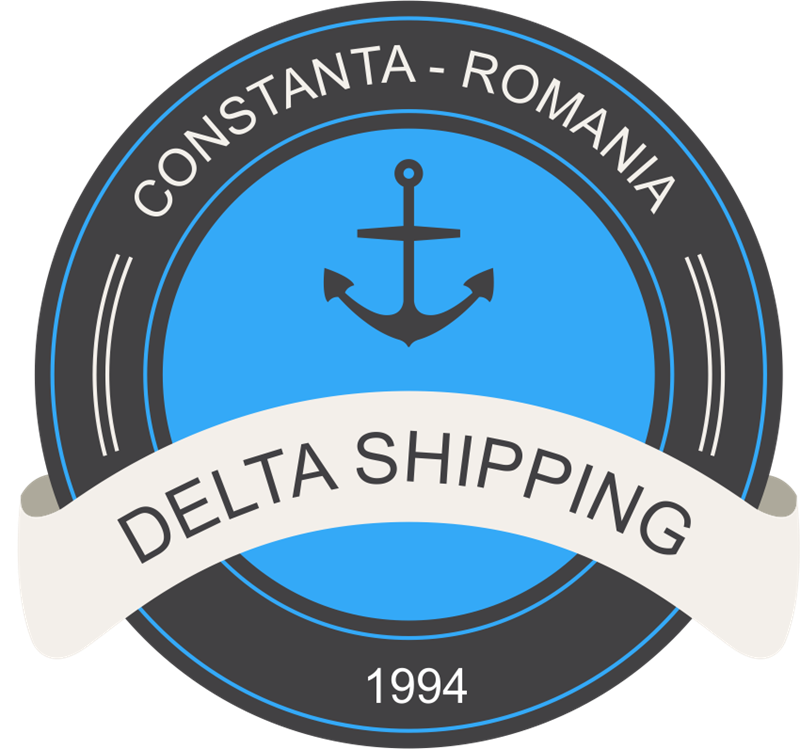

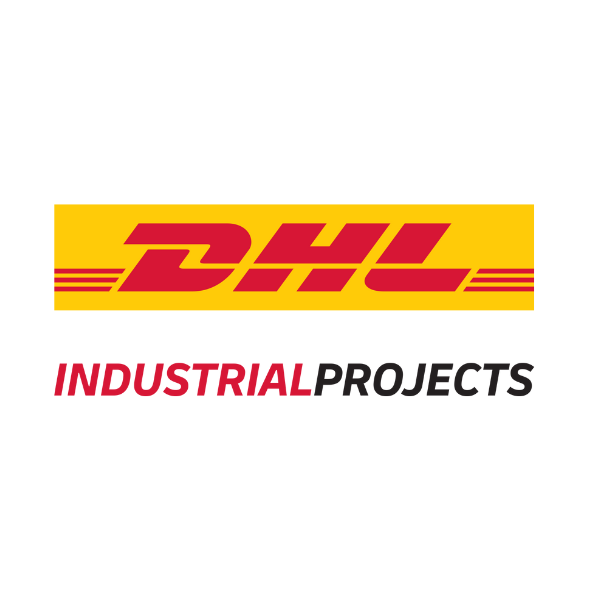
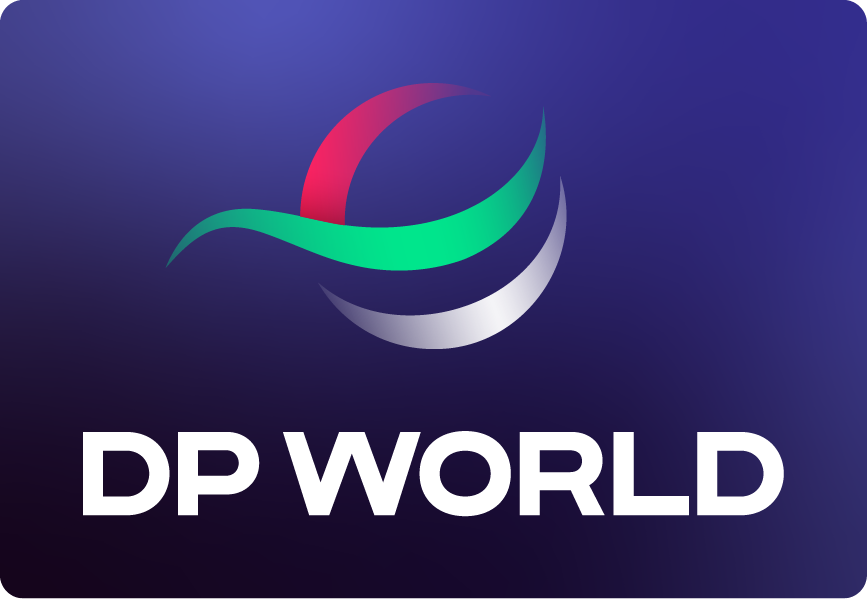
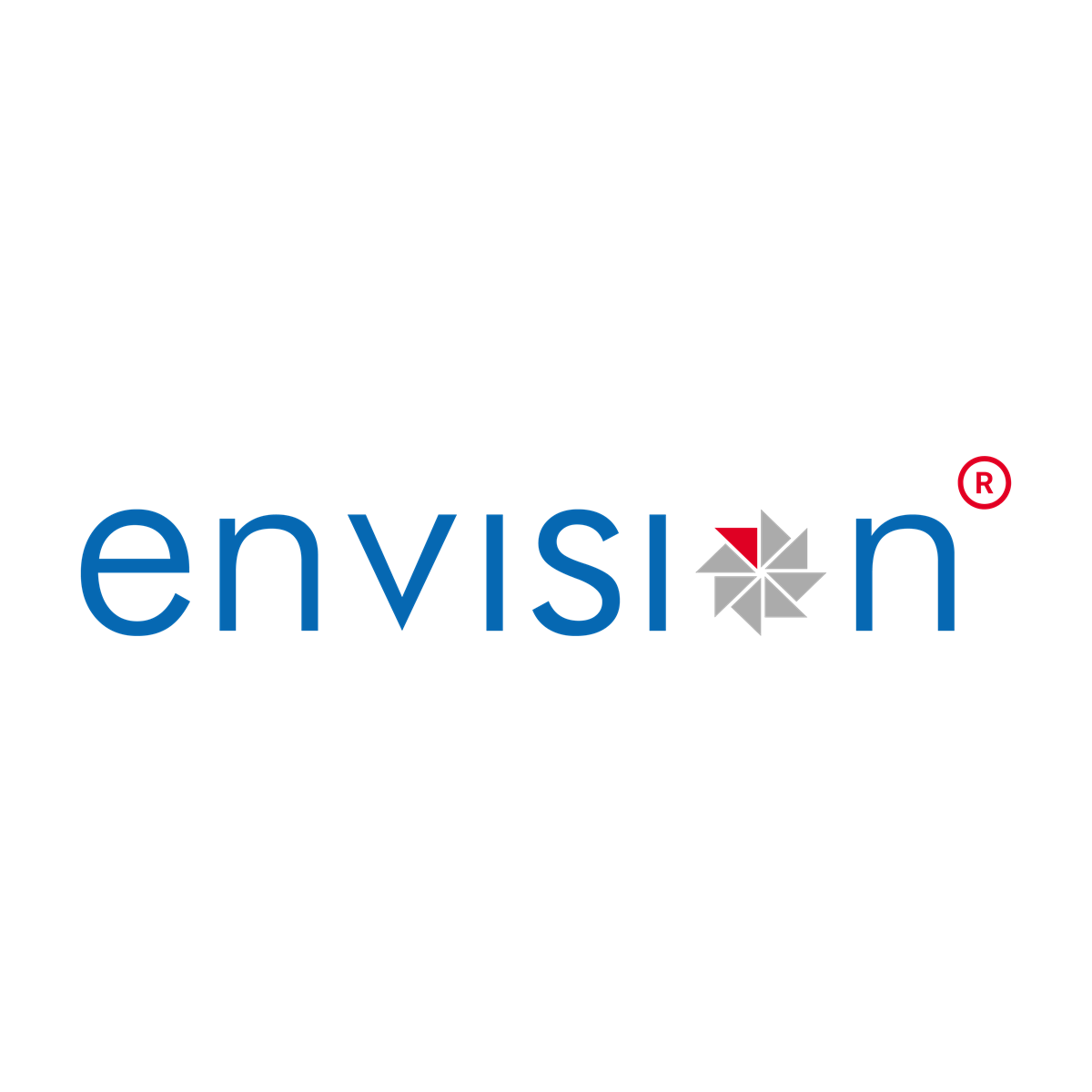

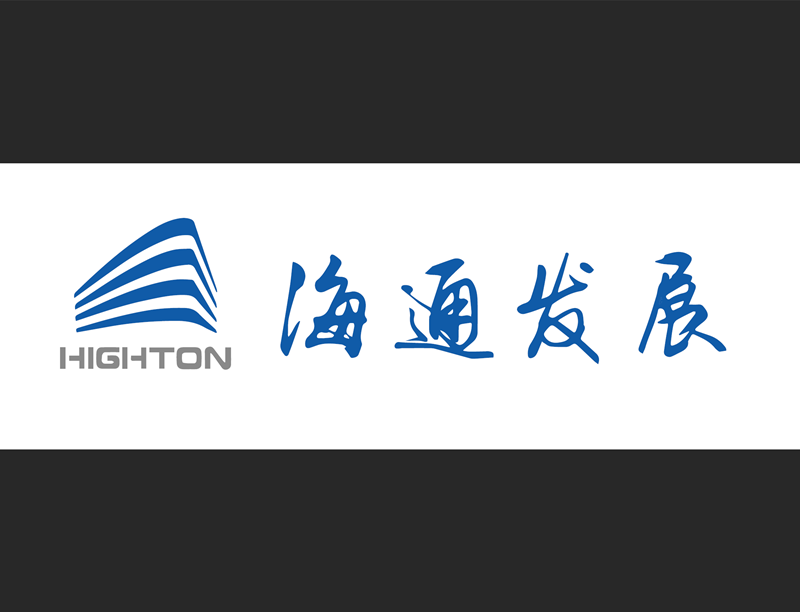
-(1).jpg?ext=.jpg)
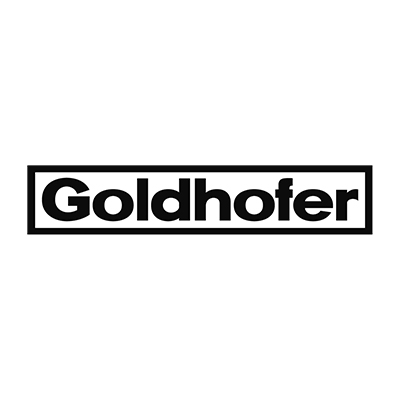
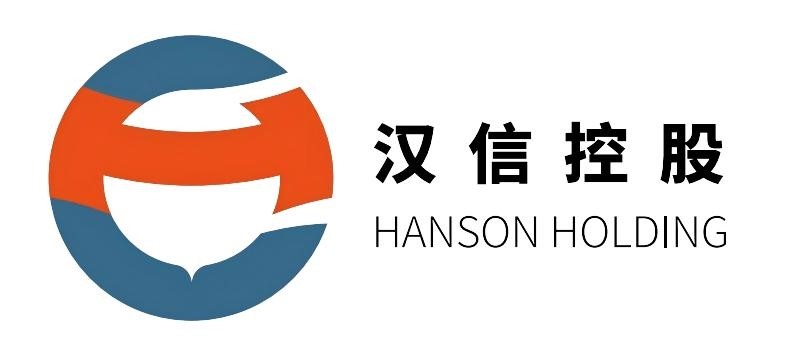
.png?ext=.png)
_2.jpg?ext=.jpg)
